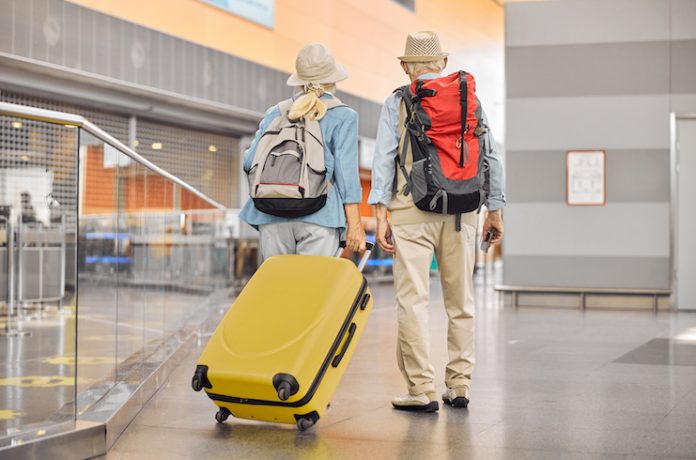Due to their increasing participation in travel activities, seniors now represent one of the most important market segments in tourism. With time, seniors will not only represent an even bigger portion of the world’s population but might also control most of the world’s wealth, too.
Although investing in senior tourism is a safe bet, the hospitality sector is mostly concerned about meeting the needs and expectations of younger travelers. However, investing in the behaviors, needs, and preferences of senior tourism can increase competitive advantage.
Travel Behavior
Social aspects of travel are important to the senior traveling demographic, and traveling in groups is a preferred method of senior travel. However, some travelers might require accessibility arrangements, and hoteliers must meet this need to support the wellbeing and comfort of all guests. Groups choose the accommodation option that best meets the needs of all those traveling with the group. The multiplier effect—where one person’s needs determine the hotel for the entire traveling party—provides a greater return on investment potential for hotels that provide accommodating facilities for guests with a range of mobility needs.
Travel Length and Frequency
Without work and family obligations, seniors have more free time to travel. Combining their spare time with a higher discretionary income, those over the age of 60 might enjoy longer vacations rather than shorter trips. For investment purposes, tourists that stay for longer visits can generate more business within a variety of sectors in their destination of choice. For hotels, longer stays maximize profits.
However, the travel industry in 2021 is different from that of 2018 considering the impacts of the COVID-19 pandemic worldwide. Research conducted by the American Hotel and Lodging Association finds 2022 hotel occupancy rates will be 17 percent higher than 2020 rates, reaching 61 percent; this is only 5 percent lower than 2019’s pre-pandemic levels.
Lodging Preferences
Senior travelers, in general, might be more inclined to book hotels because of their familiarity with the booking procedures than alternative lodging. Usually, seniors don’t require the extra space for alternative lodging accommodations, and they are less willing to give up the variety of services that hotels offer. Those wanting a holiday package that includes meals, tours, shopping, entertainment, and an overall safer feeling are important when traveling in a group.
In addition, senior travelers might prefer knowing that there is a front desk agent to provide restaurants and entertainment recommendations and to help them if they need.
Final Considerations
Seniors’ purchasing and travel habits make the demographic a marketable opportunity for those in the travel industry. Life expectancy has increased globally, and the hospitality industry can benefit from investing in proper accommodations to encourage the demographic to travel.











